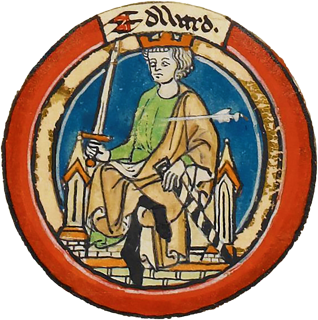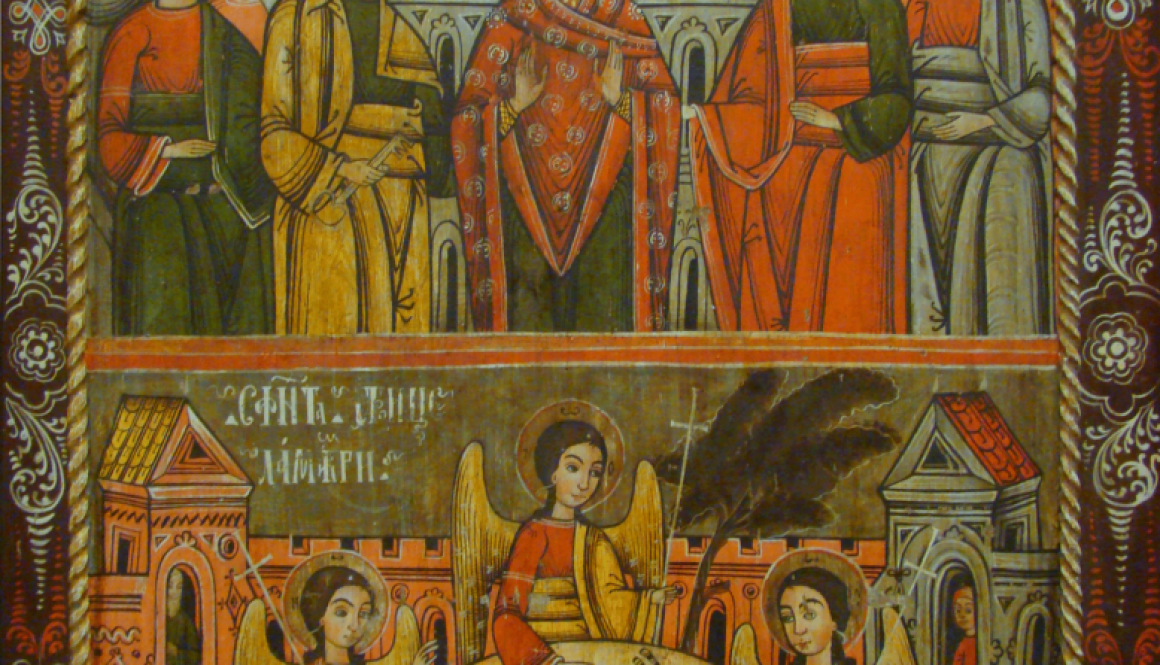Pentecost
There was a time in England when last weekend would have been called Whit Weekend because in the West the Sunday was Whitsun, or Pentecost, and this was followed by a holiday Monday. Now, the Monday is called Spring Bank Holiday, and is not attached to Pentecost at all. Tomorrow will be Spring Bank Holiday because that has been re-named for the last weekend in May as a permanent secular holiday. It is a pure co-incidence that, this year it is also Orthodox Pentecost.
As we heard from our reading from the Acts, when the Feast of Pentecost was “fully come”, that is fifty days after Passover or, in Christian terminology Pascha, the Apostles were all together in one place. Traditionally, that place was the upper room at the house of the mother of the writer of the second Gospel, John Mark. Here, tradition tells us, Jesus and his apostles held their last Supper together and here also he appeared to them on at least two occasions after his Resurrection. They were there because Jesus had told them, just before his Ascension, that they were to wait for the fulfilment of the promise of the Holy Spirit.
In obedience, they waited for ten days, and then it happened. We heard the account this morning from the Acts of the Apostles. It has been suggested that this book might have been more appropriately called the Acts of the Holy Spirit because they were moving into an entirely new chapter.
In those first few years, the Spring time of the Church we are given a feeling of freshness as the apostles and other disciples live lives of obedience, consciously guided by the Holy Spirit, and carrying absolute conviction in all that they said and did. The link was so close that they were able to say, without any sense of presumption that “It seemed good to the Holy Spirit and to us ….”
So, let us just remind ourselves of what happened on that Day of Pentecost. After ten days of waiting, following Jesus’s Ascension they were all together, presumably again in the upper room, when there was a sound from above like that of a mighty wind. This filled the house, and there appeared tongues like flames of fire among them and resting on each of them. They were filled with the Holy Spirit and began to speak in other tongues as the Spirit gave them the power of speech.
This was the best account that those present could give of the event – that the sound was “like” a mighty wind, and the tongues were “like” fire. But the sound was not wind, and the tongues were not of fire. Both wind and fire are natural elements, potentially of great and fearsome strength and power. How often are we reminded of this in news bulletins today? At that time these were some of the most fearsome and powerful forces known to men. Today man has conjured up even greater forces, but a nuclear explosion still manifests itself in wind and fire.
These powers and signs were manifested to literally kick start the apostolic mission which Jesus had entrusted to them. “Go and teach all nations, baptising them in the name of the Father, and of the Son, and of the Holy Spirit – and lo, I will be with you always, even to the end of the world.”
And how effectively it worked. They were unable to be contained within that upper room. They were compelled to go out and to share their experience with the crowds in the streets – people from all nations touched by the Jewish Diaspora, or dispersion, people speaking a variety of tongues, but who heard the message in their own language.
Then Peter came to the fore and proclaimed the Gospel to the crowd and, we are told, some 3,000 people were added to their number on that day.
How weak, by comparison, is our witness today. In today’s Gospel, Jesus stands up on the last day of the Feast. This was not Pentecost, but another Jewish feast, that of Tabernacles, or tents. On this, they make booths out of branches and camp outside as a reminder of their history in the desert.
“If anyone thirsts” says Jesus, “let him come to me and drink. He who believes in me, as the scripture has said, out of his heart will flow rivers of living water.” “This he said,” adds the writer of the Gospel, “concerning the Holy Spirit, whom those believing in him would receive.”
We may wonder why it is that the church seems to lack the same strength today. In our Baptism and Chrismation we have received the gift of the Holy Spirit – usually in a much quieter way than at that first Pentecost – but we have received him. Since our Chrismation we have also been able to receive the Body and Blood of Christ in Holy Communion. “If anyone thirsts” says Jesus, “let him come to me and drink. He who believes in me, out of his heart will flow rivers of living water”. Those who come to him truly believing and truly trusting receive the gift in renewed strength, and the church itself is renewed as on that first day of Pentecost.

